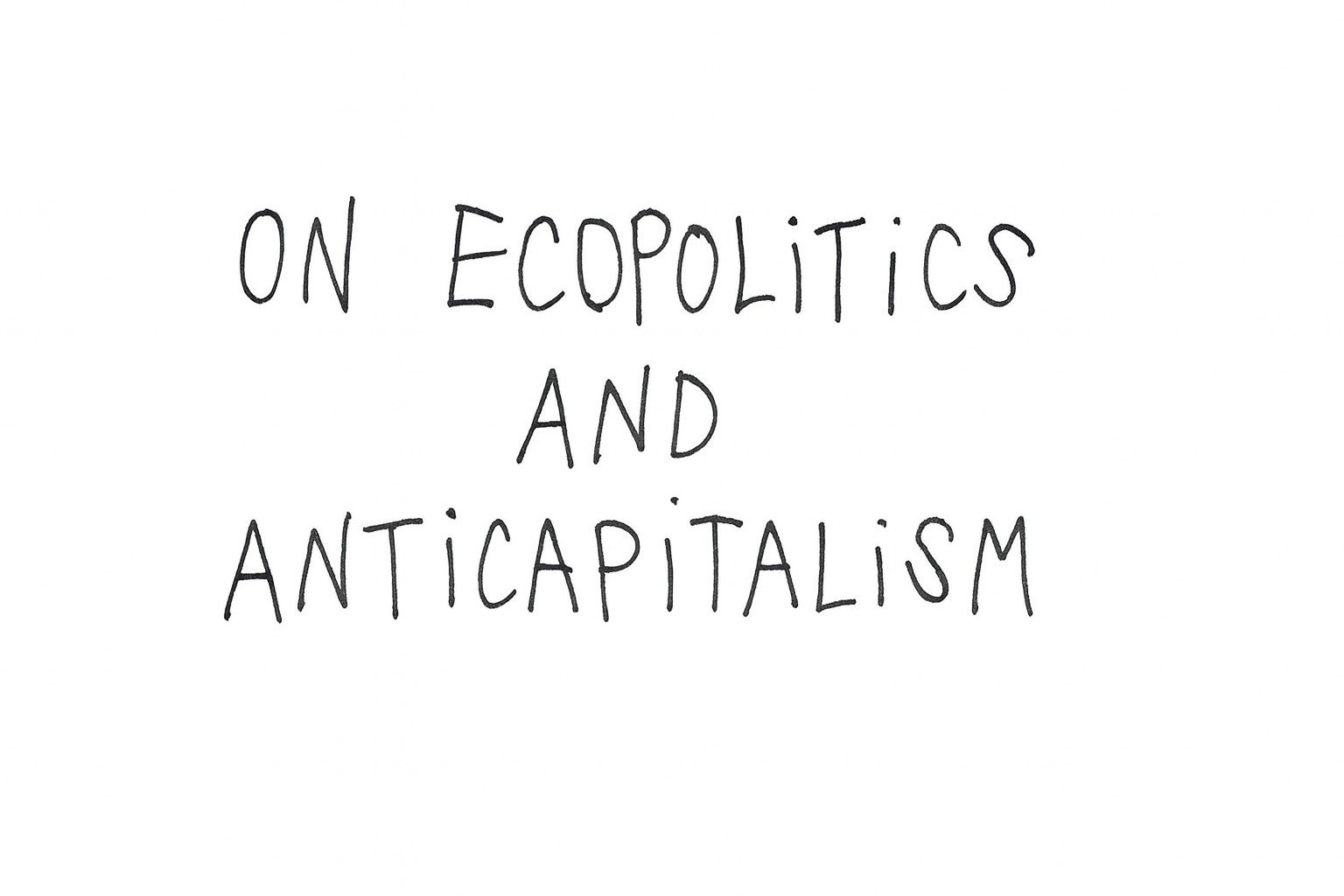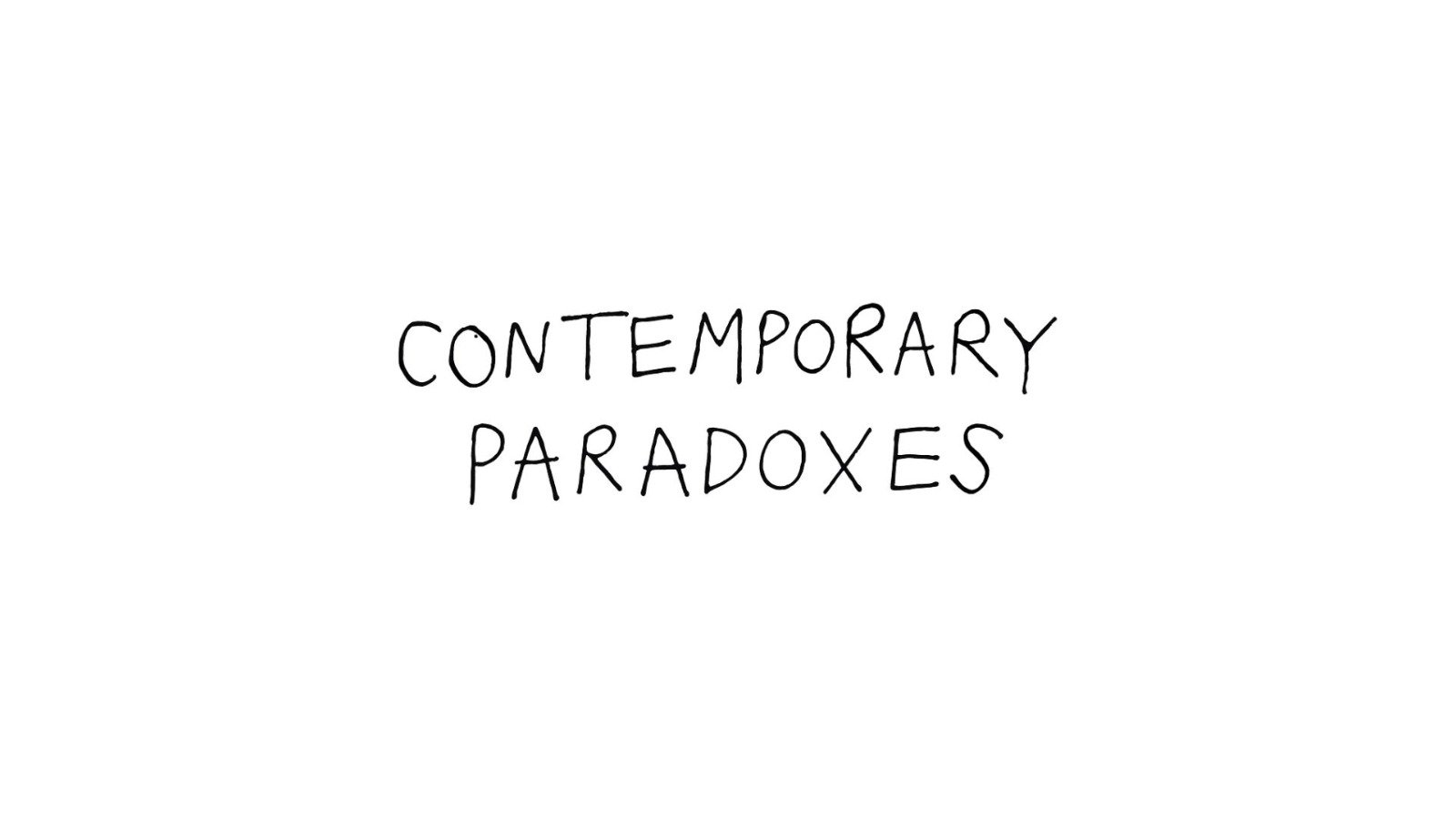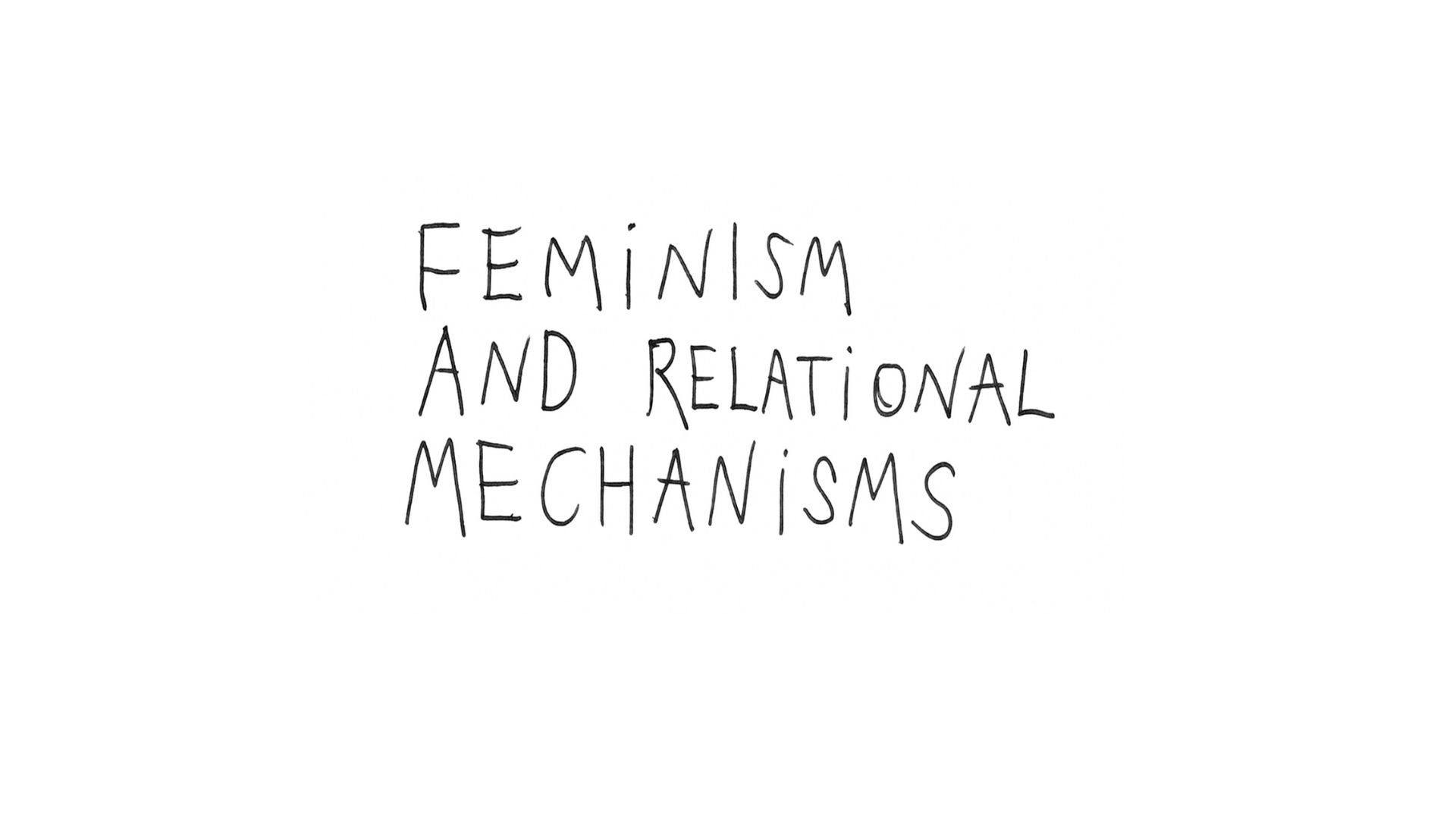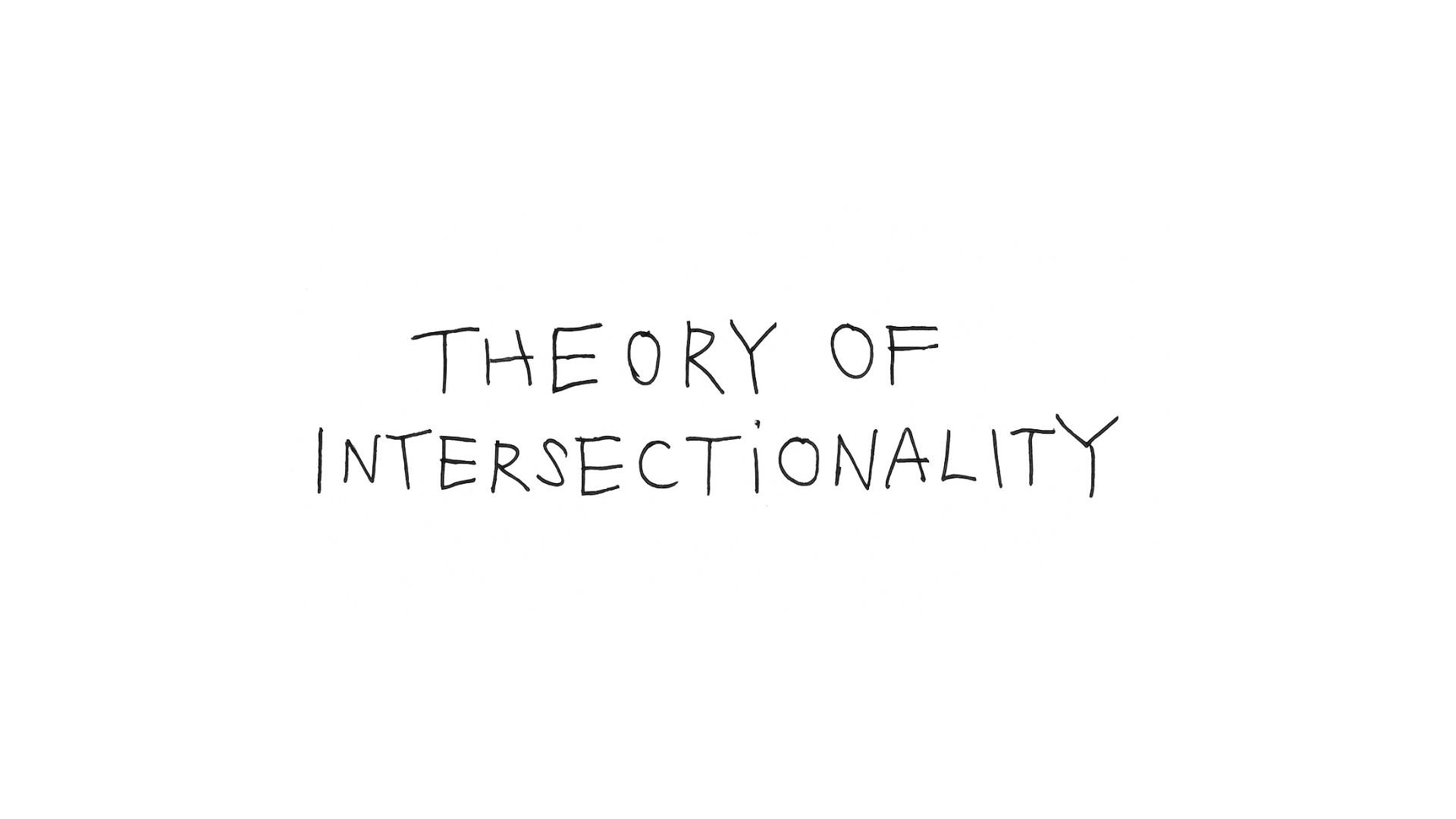
Archi-shittification.
A reflection on the “enshittification” of architecture: cities turning into products, neighbourhoods designed for value rather than life, and professional ethics dissolving under market logics. The urban shitocene becomes the name of a drift that strips space of its social role — and the starting point for reclaiming design as a political and human act.

Interrupted genealogies.
A reflection on inheritance as a wound, and on family as a rhetorical construction.
Not every genealogy deserves to be passed on: some must be interrupted, translated, disarmed.
It’s in the act of breaking — not in staying — that the possibility of truly saving ourselves begins.

Climate change or climate justice? The problem isn’t just in the facts, but in the words.
The problem isn’t just that the climate is changing. It’s who gets to talk about it.
Between the coldness of data and the confessions of the privileged, climate discourse has become an exclusive language. To speak of climate justice is to bring the conversation back to ordinary people, to those who live the crisis, not just narrate it.

Fatherless.
A reflection on what it means to grow up without a father — and to realize, years later, that absence can be a kind of freedom. It’s about men who never learned to unlearn, about the ruins of the worlds they built, and about finding meaning not in inheritance, but in what remains open.

Architecture and design at the service of fast fashion? A bitter reflection on Zara’s 50th anniversary.
Zara celebrates its fiftieth anniversary with a collection signed by leading names in architecture and design. But what does it mean when figures who present themselves as social and cultural innovators lend legitimacy to the global symbol of fast fashion—marked by exploitation, pollution, and greenwashing? This article is a denunciation of the discipline’s crisis: architecture, eager to remain within the production cycle of consumerism, seems to have hit rock bottom.

When climate becomes an alibi.
Seeing wars as distractions from the climate crisis is misleading. Wars fuel ecological collapse and share the same political and economic roots. Treating climate as a separate battle erases human suffering and hides the systems that produce both destruction and “green” solutions.

Activism as a showcase.
In the social media era, activism has adopted market logics: visibility, competition, and self-promotion have replaced solidarity and collective action. From feminist struggles to environmentalism, and from disability to chronic illness advocacy, many causes risk turning into personal showcases. To restore meaning to militancy, we must return to building bonds and alliances instead of individual stages.

Nobody’s home.
A reflection on what it means to feel at home today. For many, home is no longer a fixed place but a shifting condition, precarious and mobile, suspended between roots and movement. Inspired by Avril Lavigne’s Nobody’s home, this text explores a generational sense of dislocation and the need to reinvent belonging, imagining new forms of home that do not yet exist.

Women as disposable flesh. The new frontier of patriarchy is digital.
The case of platforms spreading women’s images without consent shows how patriarchy colonizes the digital space as well. This is not pornography, it is power and control. Bodies are severed from persons, reduced to disposable flesh and used as tools of male bonding. Violence lies not only in sharing but in the erasure of women’s identity and memory. As long as women are treated as collective property, no freedom will be real.

When everything becomes capital.
The language of economics has expanded into fields that should not belong to it, turning nature, bodies and relationships into “natural capital” or “human capital.” This seemingly neutral vocabulary reduces life and ecosystems to resources for profit. Yet there are other ways to name them: commons, social wealth, networks of care and affection that hold value in themselves. Refusing the overuse of the word “capital” means restoring to things their true nature, as something to inhabit, share and protect rather than measure and exploit.

“Listen closely.” When glacier aesthetics turn into spectacle again.
Starting from Takkuuk, the project by electronic duo BICEP, this text explores the tensions between aesthetics and politics in the representation of the climate crisis through contemporary art. Between glaciers, immersive installations and Indigenous voices, it questions the role of the Western artist, the risk of climate sublimity as a narrative loop, and the urgent need to open up storytelling to those without symbolic capital. An invitation not just to “look closely,” but to begin listening from within.

Architecture is always a political act.
Architecture is never neutral. Every built space reflects ideological alliances, mechanisms of selection, and implicit rules of access, visibility, and power. This text explores the deeply political nature of architectural design, showing how even the most technical or functional decisions can reinforce or resist social, ableist, and ecological inequalities. To frame architecture as a site of conflict means to challenge its foundations, reject the myth of neutrality, and ask what is truly worth building, inhabiting, and remembering.

Milan regenerates us until we’re drained, or the city that gave us a language to criticize it and a job to stop doing so.
Milan regenerates us until we’re drained.
It gives us the tools to question it — and then hires us to stop doing so.
This is a city that celebrates innovation while forgetting who gets left behind.
A place where sustainability, inclusion, and accessibility risk becoming empty words — unless we reclaim their meaning.
This is the story of a love that became a fracture. Of a language learned too well. Of the need to imagine a city that doesn’t just redesign spaces, but relationships.

Closer to a climate refugee than to a billionaire: notes on ecological false consciousness.
We are statistically closer to becoming climate refugees than billionaires — yet the collective imagination remains obsessed with wealth, success, and self-fulfillment. This analysis unpacks how capitalism not only exploits ecosystems but reshapes our desires, turning subordination into aspiration. In the face of ecological collapse, dismantling the myth of individual ascent is no longer radical: it’s survival.

The philanthropic misanthrope. Diagnosis of a contemporary paradox.
We are living through an emotional paradox: we love humanity, yet we struggle to tolerate people. We stand for universal causes, but withdraw from real contact. In this tension between ethical drive and emotional disillusionment, a new figure of our time emerges: the philanthropic misanthrope.
It’s not hypocrisy — it’s a symptom of an age that has severed ideals from relationships, care from intimacy.
Perhaps this is where we begin again: with a bond that is not perfect, but possible — and precisely for that, political.

We no longer care about the city that excludes.
We no longer care about the city that excludes.
The dominant models of urbanism—patriarchal, capitalist, colonial—have failed. Intersectional urbanism is not a theory: it’s a political urgency. It emerges from the margins, from lived experience, from the cracks of a broken system. To rethink the city is to abandon neutrality, reject compromise, and reimagine space through care, conflict, and interdependence. The new paradigm is already here. We must shift our gaze to see it.

Urban Hypernormalisation. The city as a stage for collective fiction.
We live in cities that perform transformation without embodying it—hypernormalised spaces where fiction replaces reality. Urbanism today simulates change through aesthetics and efficiency, masking inequality and discomfort. True transformation begins by exposing this fiction, breaking the spell of simulated normality, and reclaiming space as a site of rupture, imagination, and resistance.

Even the best men get away with it.
Even the best men get away with it.
Today’s female anger is not hysteria—it’s history. It rises from the gap between progressive appearances and persistent inequalities. Between love and imbalance. We’re tired of making patriarchy palatable, of translating our pain into something polite. This anger is not a flaw; it’s a political signal. And we won’t apologize for it.

How stories won’t save us.
Stories won’t save us.
In a world collapsing under systemic violence, polished narratives of justice have become performance. When activism costs nothing, it becomes content—ambient rebellion that soothes, but doesn’t change. True solidarity demands risk, rupture, confrontation. We don’t need more stories that comfort. We need truths that disturb.

Why Anticapitalism and Eco-Trans-Feminism must march together.
Eco-trans-feminism and anticapitalism are not parallel paths—they are the same struggle, seen from different angles. A system that exploits land, bodies, and labor cannot be reformed through inclusion or greenwashed solutions. True justice demands radical alliances, not sanitized activism. As Audre Lorde said, there are no single-issue lives—so we must stop fighting single-issue battles.
